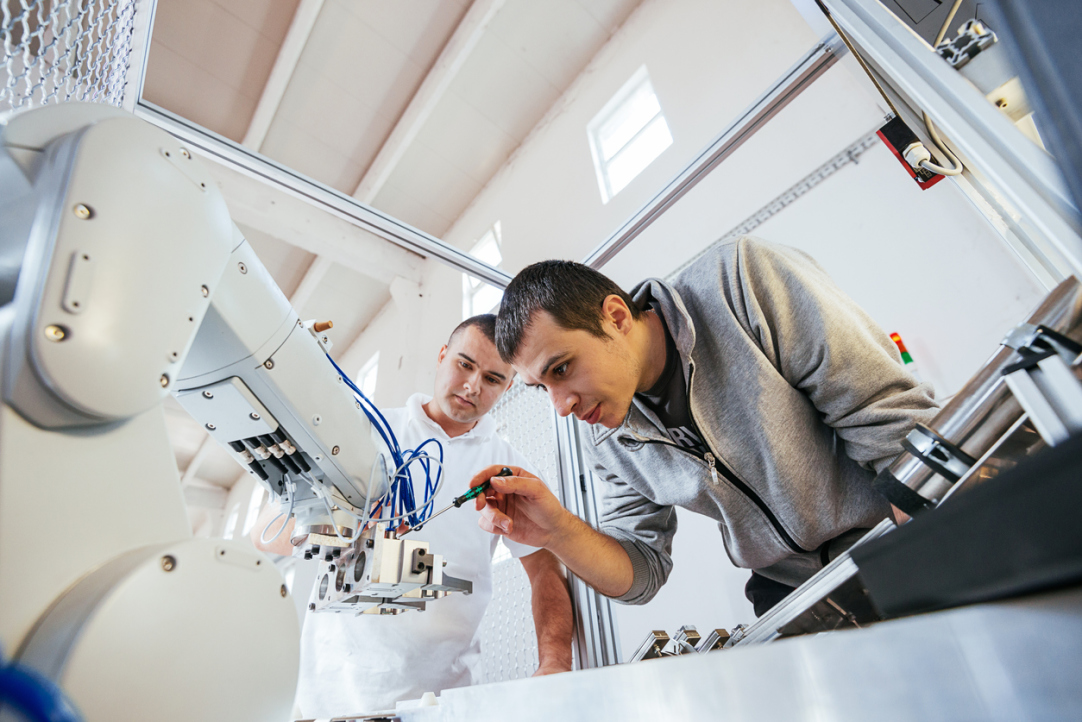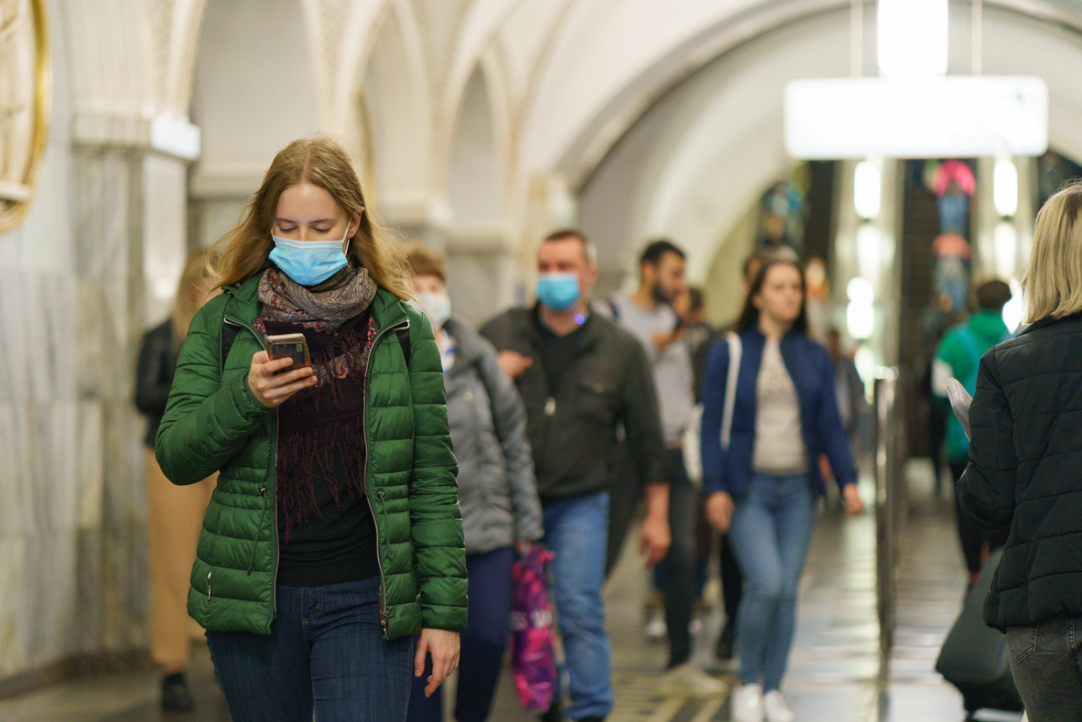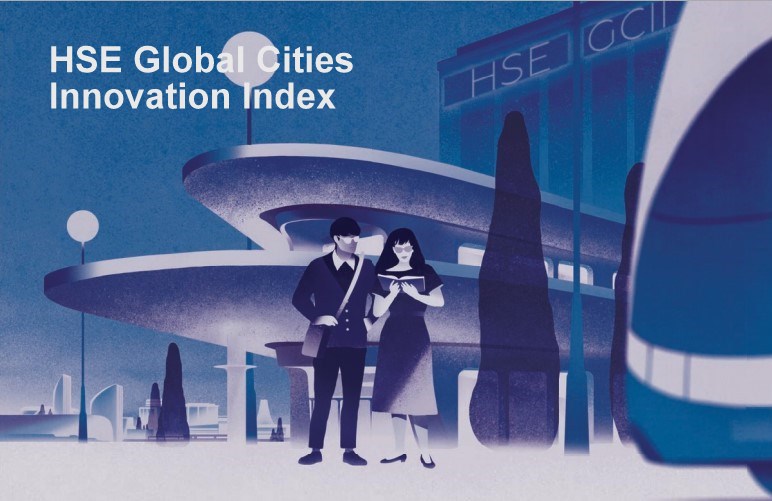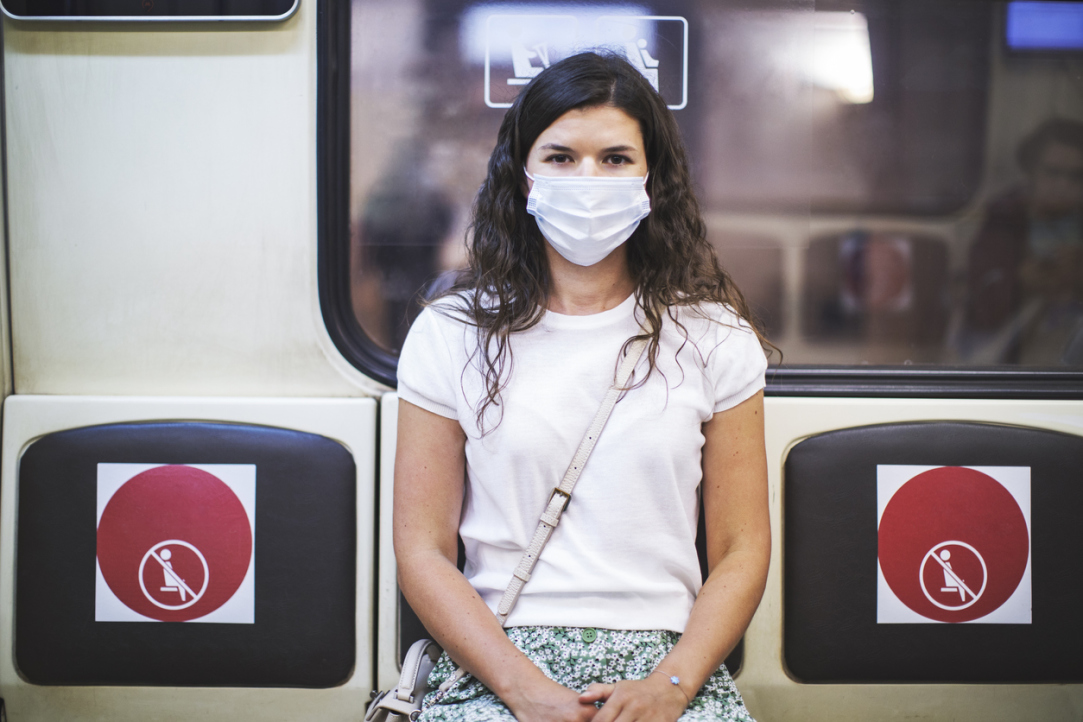
Father’s Level of Education Affects Students’ Plans for Doctoral Studies
Saule Bekova, Research Fellow at the Centre of Sociology of Higher Education, and Ivan Smirnov, Leading Research Fellow at the Laboratory of Computational Social Sciences, studied how father’s level of education affects students’ plans to receive a doctoral degree. The article Determinants of doctoral degree aspirations: insights from a nationally representative panel study was published in HERB: Higher Education in Russia and Beyond journal.

Russians’ Digital Practices During Lockdown
The HSE Institute for Statistical Studies and Economics of Knowledge has released the results of its survey on digital practices in 2020, which illustrate the changes in how people have mastered new formats to solve routine tasks.The HSE Institute for Statistical Studies and Economics of Knowledge has released the results of its survey on digital practices in 2020, which illustrate the changes in how people have mastered new formats to solve routine tasks.

Almost 30% of Advanced Manufacturing Technologies Used in Russia Are Acquired from Abroad
Russian enterprises have limited opportunities to modernise their technological capabilities independently. Their technological portfolios reveal a high dependence on imported solutions and a limited use of their own developments, HSE researchers discovered.

Almost Half of Russians Suffer from Loneliness
In Russia, 43.1% of the adult population experiences loneliness. This share is comprised mostly of older people, but quite often young people as well. At each age, loneliness is experienced in its own way, and at certain times it becomes especially painful.

PISA Tests: How Talking with Parents Affects Russian Pupils’ Financial Literacy
On the financial literacy and global competencies tests of the Programme for International Student Assessment (PISA), Russian pupils demonstrate average scores. In their ability to empathise with those experiencing difficulties, they are no different from their peers of OECD countries. This was discussed by experts ofHSE University's Institute of Education and the World Bank at a joint seminar.

Self-Education Is Gaining Popularity Among Adult Russians, HSE Survey Shows
From 2015 to 2019, the involvement of adults aged 25–64 participating in self-education increased from 21% to 37%. At the same time, the most noticeable increase is observed in large cities and among people with higher education, as evidenced by data produced by the HSE University sociological survey ‘Practices of Self-Education Among the Adult Population of Russia’ conducted as part of the ‘Monitoring Economics of Education’ project.

Russians Are Switching to Wine and Beer: Alcohol Consumption Patterns are Increasingly Dependent on Non-Economic Factors
Social class does not strongly influence the kind of alcohol Russians drink. Gender, age, education and place of residence are more important. For example, young people prefer beer, wines are primarily popular among women, and ‘moonshine in combination with other drinks’ are mainly consumed by the older age groups. This was the conclusion reached by HSE University researchers.

Russians’ Social Well-Being: How the Pandemic is Changing Society
In 2020, against the backdrop of the coronavirus crisis and other global challenges that are increasing uncertainty, HSE University social scientists recorded the most significant shift in people’s perception of current fundamental social and economic issues. In particular, respondents expressed increased approval of the government, higher demands of it, as well as higher levels of ‘profound’ civic activity and self-confidence.

HSE University Presents First Global Cities Innovation Index
According to HSE University’s Global Cities Innovation Index, New York and London are the world’s most attractive megacities to innovators implementing creative and technological initiatives. Moscow ranked among the rating’s top ten cities, leading in the areas of ‘Innovation Infrastructure’ and ‘Digital Infrastructure and Services’. HSE researchers presented the index at this year’s Open Innovations Forum.

We'll Have To Live With It: Russians Resigned to the Fact That Coronavirus Isn’t Going Anywhere
Russian citizens are almost completely out of isolation and now are less and less afraid of getting infected, however, safety measures are still being overwhelmingly complied with. Alongside that, the percentage of coronavirus skeptics who do not believe in the hazards of the virus is growing. These people refuse to get vaccinated and have no plans to self-isolate in case of the virus's second wave. This is supported by the survey results done by HSE.

